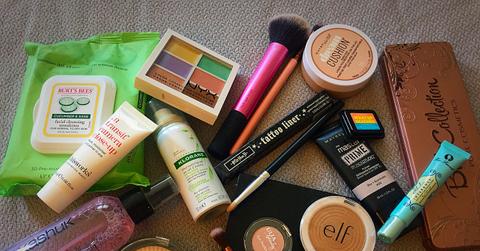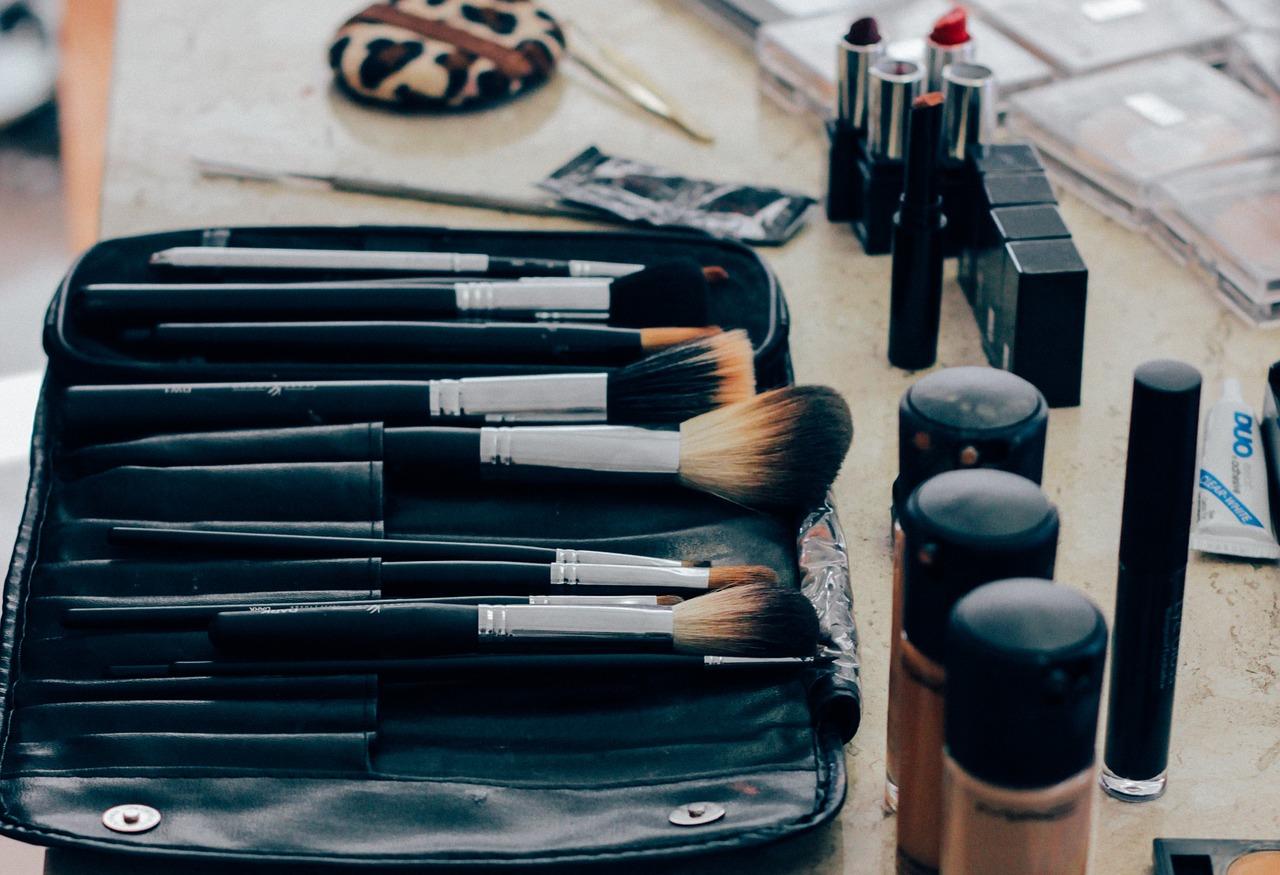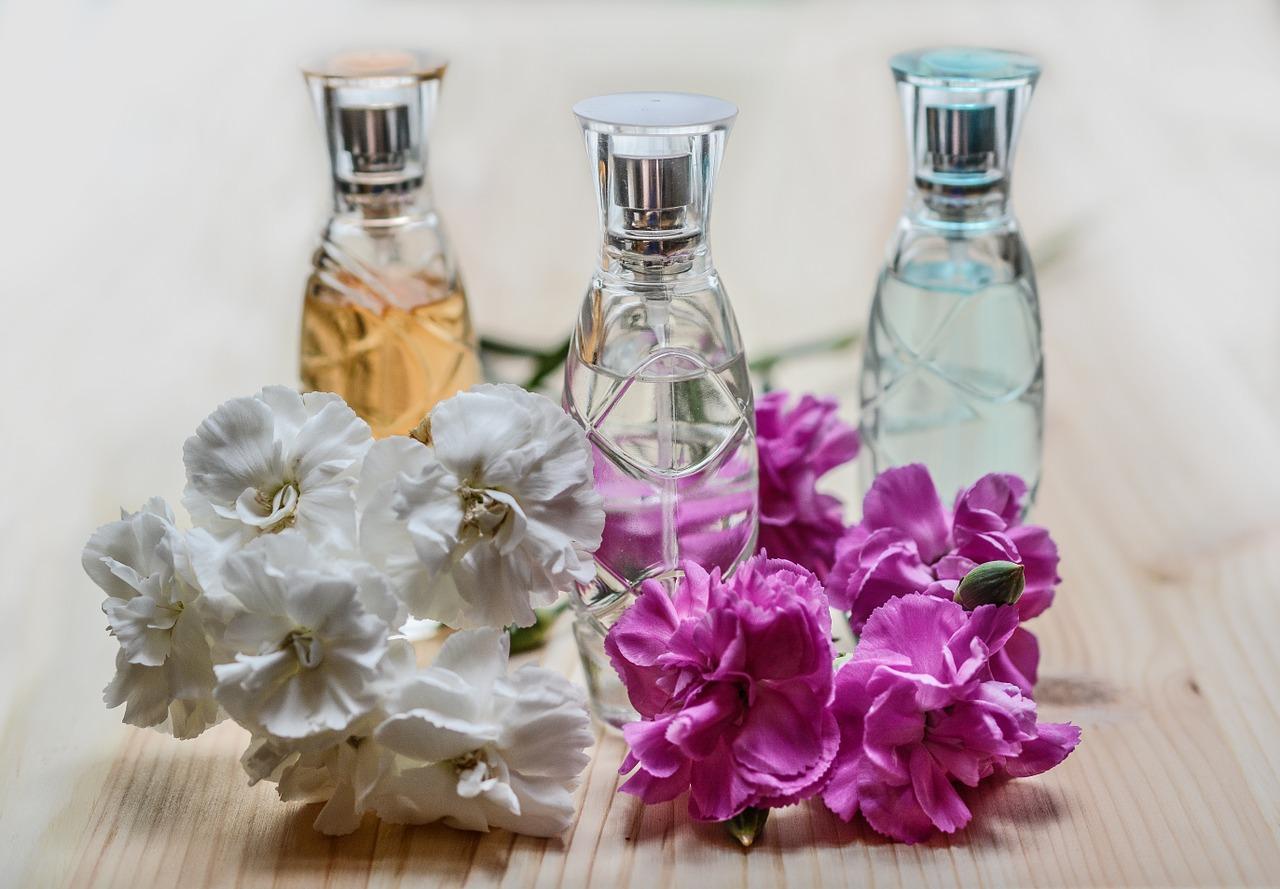What Are Parabens And Phthalates?
These controversial ingredients are in most of the hair care and makeup products we use.
Updated May 15 2019, 6:09 p.m. ET
Cosmetics are full of ingredients that are hard to understand, and almost impossible to pronounce. Tocopheryl acetate. Squalane. Boron nitride. Scan enough lipstick labels and your head will start to spin. But you’ve probably been hearing a lot about two common makeup ingredients called parabens and phthalates — and you should really understand them, because they’ve attracted a ton of controversy.
What are parabens?
Parabens have been around since the 1950s, and are present in everything from lotions to blush. They go by different names, which usually end in “paraben.” Methylparaben, propylparaben, butylparaben, and ethylparaben are a couple of the most common ones.
Parabens function as preservatives, blocking bacterial and mold growth. Essentially, they extend the shelf life of makeup and hair care products. The cosmetics industry used parabens without much scrutiny for decades, but all that changed in 2004.
That year, Dr. Philippa Darbre published a study in a peer-reviewed medical journal which found traces of parabens in the breast tumors of 19 out of the 20 women participating. These findings did not indicate that parabens cause cancer or are conclusively linked to cancer in any way. But they did demonstrate that the parabens from our makeup and moisturizers seep into our skin.
In the time since Darbre published her findings, scientists have also found parabens in dolphins and sea otters. But there’s still no concrete evidence that they will give human beings or marine mammals cancer. The FDA has declined to regulate parabens for this very reason. A statement on the FDA website reads, “At this time, we do not have information showing that parabens as they are used in cosmetics have an effect on human health.” The European Commission, conversely, issued regulations on parabens in 2014, restricting two of them and outright banning five.
So essentially, the jury is still kind of out on parabens. But if you’d like to stop using them, there are plenty of paraben-free products hitting shelves now. It’s extended well beyond the green beauty scene. Major retailers like Macy’s, Nordstrom, and Target all have “paraben-free” sections on their websites to help you shop for more natural options.
What are phthalates?
Phthalates exist in all kinds of products, including nail polish, hairspray, perfume, and aftershave. They “plasticize,” or help substances become more pliable and durable. As with parabens, there are a couple different phthalates, but they all end in the actual word “phthalate.” Take for example diethylphthalate (DEP), which is often found in fragrances.
Phthalates have been cited in all kinds of studies — studies on pregnancy loss, asthma, obesity, and more. They caught the attention of Congress in 2008, when senators name-checked the chemicals in the Consumer Product Safety Improvement Act. The law limited the concentration of phthalates in toys and called for a research panel to further study the impact of phthalates on children’s health. Senator Feinstein has since called for a ban on phthalates in food packaging as well.
The use of phthalates in cosmetics has received comparatively less attention, but surveys suggest companies are already phasing some types out of their products to combat consumer concerns.
The CDC and FDA have both reviewed the effects of phthalates on human health and declined to issue any decisive warnings. “Human health effects from exposure to low levels of phthalates are unknown,” the CDC concluded. “Some types of phthalates have affected the reproductive system of laboratory animals. More research is needed to assess the human health effects of exposure to phthalates.” The European Commission has, once again, taken a harder stance by banning a select group of phthalates from consumer products.
So with phthalates, it’s also a bit of a coin toss. But if you want to play things safe, do a quick search for “phthalate-free shampoo” or “phthalate-free fragrance.” You’ll find plenty of possibilities.


